Switcher was declared dead - now the traditional brand is opening its first store
Posted by Switcher Content on October 14, 2025Article in Tages Anzeiger Winterthur - from 14.10.2025 / Patrick Gut
The clothing brand with the yellow whale is experiencing a revival. The store opens in Winterthur on December 1. In Zurich, the rents were still out of reach.
The city of Winterthur is coming to a premiere. The clothing brand Switcher will open its first store in Winterthur, as the newspaper "Blick" writes on Tuesday. The 90 square meter store will open in Shopping Seen on 1 December, as Switcher CEO Marc Joss explains when asked.
Remember: Switcher, the Swiss clothing brand with the yellow whale logo, went bankrupt in 2016. Marc Joss, the former Head of Marketing, revived it in 2020.
Since then, the brand has mainly been active in online retail and generates the majority of its sales via its own online store. The products can also be found at Brack, Digitec Galaxus and Zalando. Or you can buy them locally from around 50 retailers.
Winterthur as a location in the greater Zurich area
Why is Switcher coming to Winterthur of all places? It was clear to him that Switcher wanted to open a branch in the greater Zurich area, says Managing Director Joss. "Zurich itself is still out of our reach in terms of rents," says Joss, adding: "The risk would have been too great." Winterthur, as a rapidly growing city, was interesting and quickly came into focus. "With Shopping Seen, we found a location where the space, price and location were right."
According to Joss, rents in urban center locations are still "crazy high" in some cases. 15 or 20 years ago, it was still possible to recoup the costs for rents and staff in such locations by selling in the store. "Today, this has become difficult in many places."

Ten Switcher branches throughout Switzerland
The store in Winterthur will not be the only one. In March, a second store will open in Rheinfelden in the canton of Aargau. CEO Joss is aiming for ten stores within two years. Feelers have been put out in Geneva, St. Gallen and Lucerne, for example. Nothing has been finalized yet. Joss sees sales potential of five to ten million francs for Switcher. Before the bankruptcy, turnover was 35 million.Although online retail has increased, around 70 percent of consumers still shop in bricks-and-mortar stores. "As most retailers only offer a very small range of switchers, this can be frustrating for customers," says Joss. The aim is to counteract this.
The future of the retail trade
Joss wants to combine online shopping with the local shopping experience. Customers can still order online and have the goods delivered either to their home or to the Switcher store. They can then try on a shirt in store and request a different color or size if necessary. The replacement arrives in the store within 24 hours. "This is the future of retail," says Joss.
According to Joss, the bestseller at Switcher has always been the Bob T-shirt for 21 francs. "It has been redesigned many times since 1984 and has often been declared dead," says Joss.
Switcher delivers by ship
According to Joss, the clothing market is extremely competitive, but it is also huge. Low-cost Chinese suppliers such as Temu or Shein generate an estimated turnover of around one billion francs a year with clothing in Switzerland. "The quality they deliver is often subterranean," says Joss. What's more, each item is sent individually by airmail. He doesn't want to bash China, after all, high-quality products are also manufactured there. "But from an ecological point of view, the goods for the mass market are questionable."
By 2030, Switcher wants to do without polyester as far as possible and switch completely to organic cotton. Switcher has its clothes manufactured exclusively in India and delivered by sea freight. All production steps take place within a radius of 20 kilometers. Competitors would transport the goods for the individual steps, sometimes over long distances, and offer them as "sustainable shirts" for 29 or 39 francs.
By comparison, the cheapest T-shirt made from organic cotton is available from Switcher for 17 francs. "A competitive price," says Joss. And at the same time significantly more expensive than the Chinese mass-produced goods for two to four francs. "Sustainability has to be affordable," says Joss.


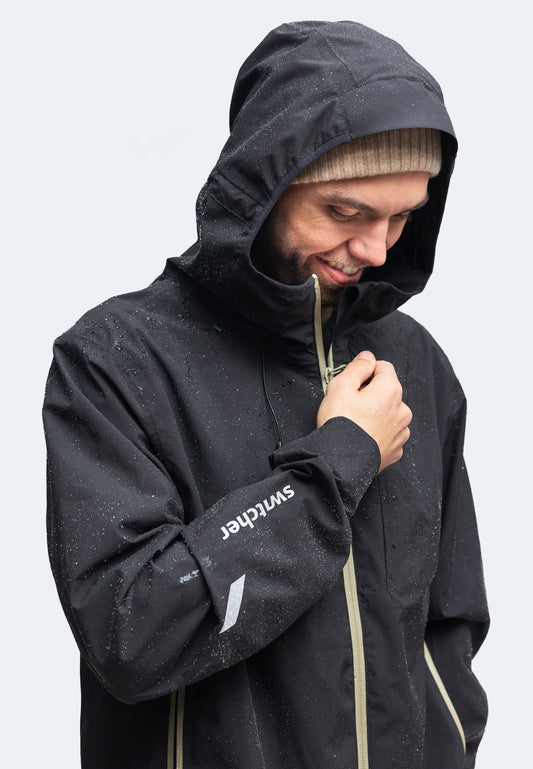


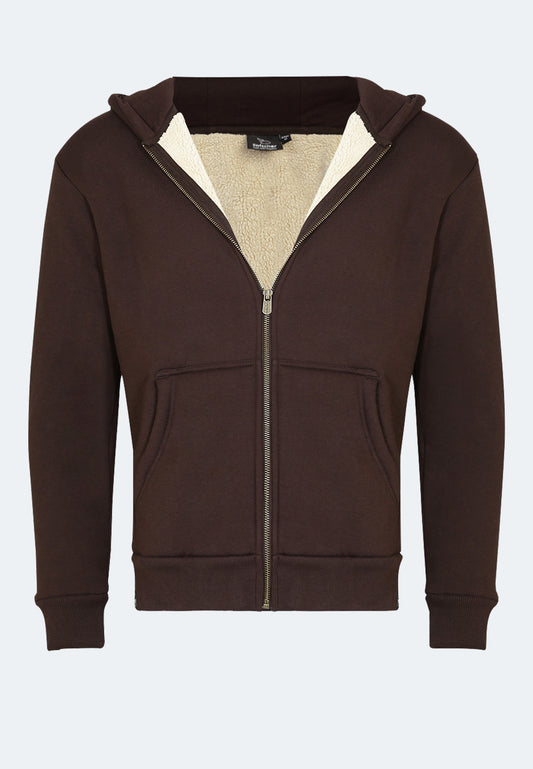


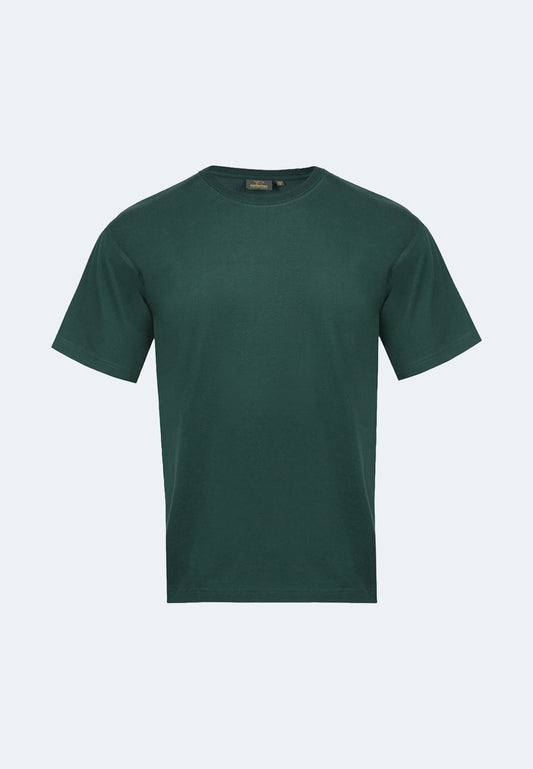


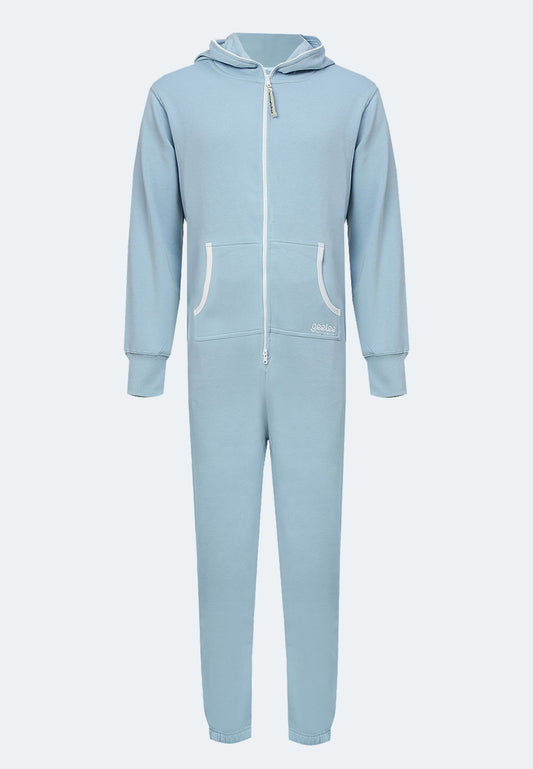





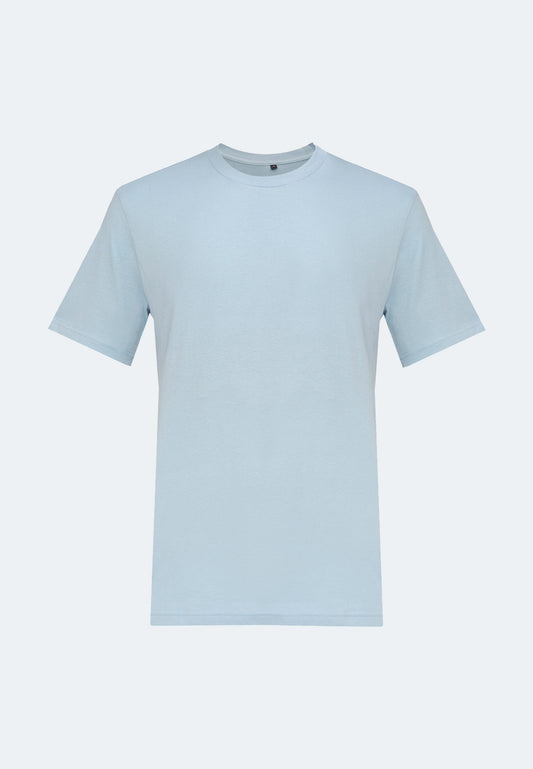


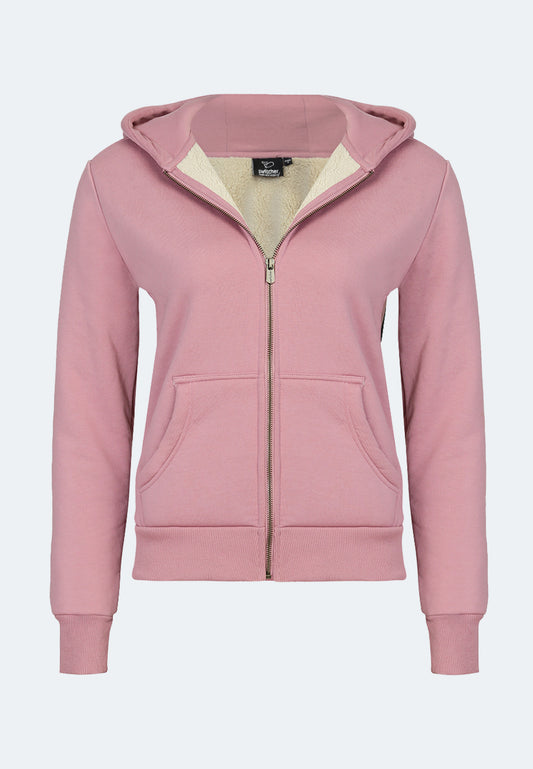






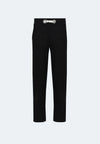

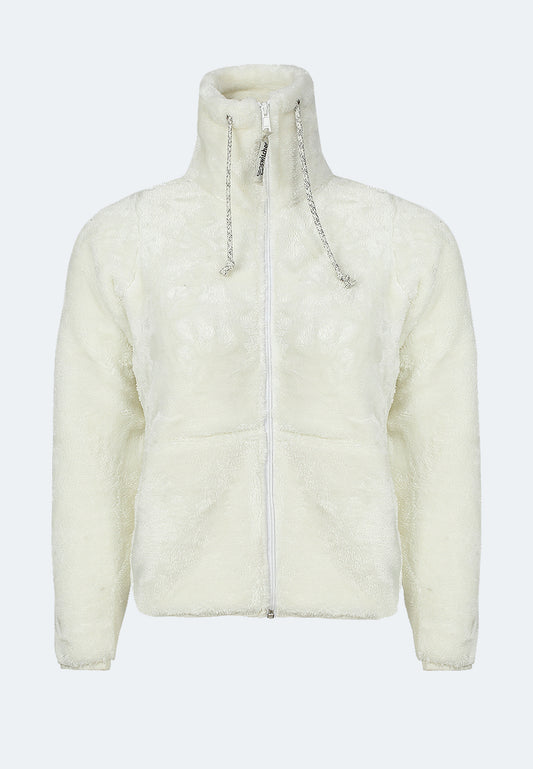




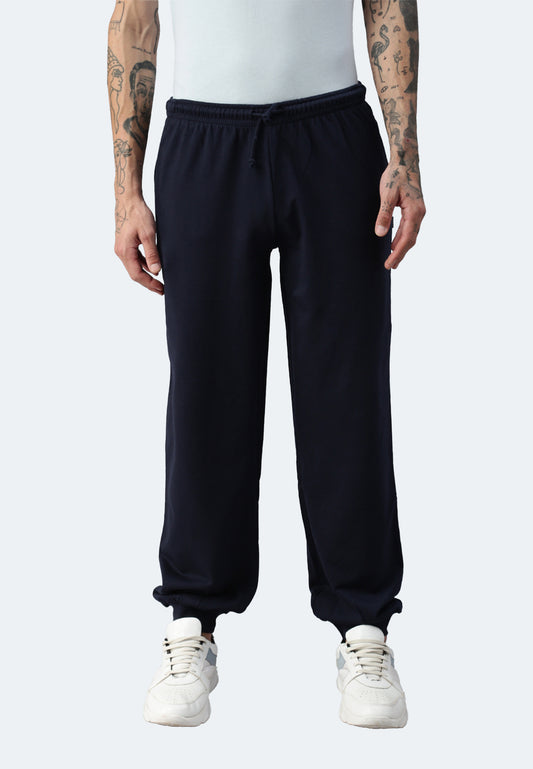
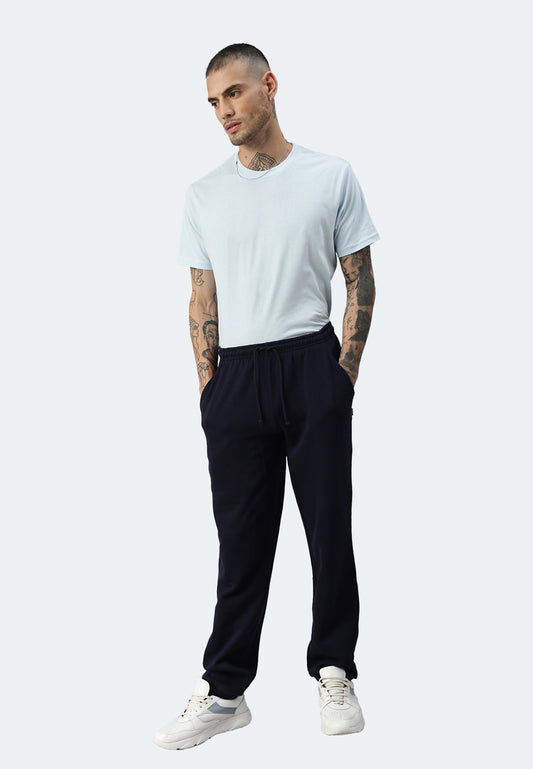





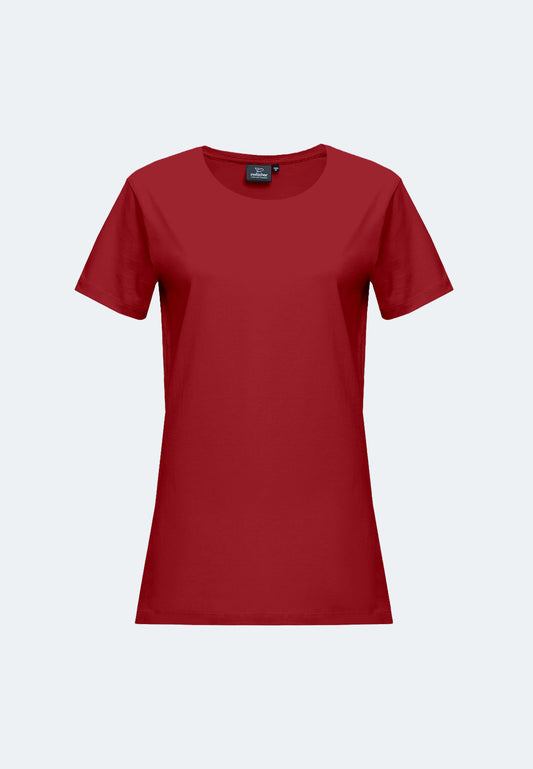


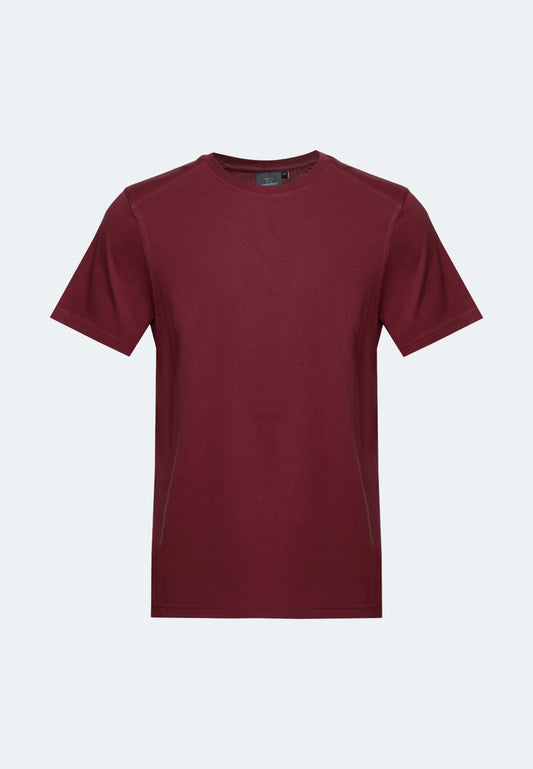







1 comment
Bonjour,
I'm very pleased that Switcher is retiring from its cedres. I did a stint as a saisie operator to take orders in Mont-sur-Lausanne at the time, and I was very well received. Thank you for putting this company back on track and for maintaining a company policy that respects the environment and people. Persevere and remain vigilant, the road is long and fraught with difficulties, but reality proves that the impossible has become possible. BRAVO AND FELICITATIONS.
Leave a comment